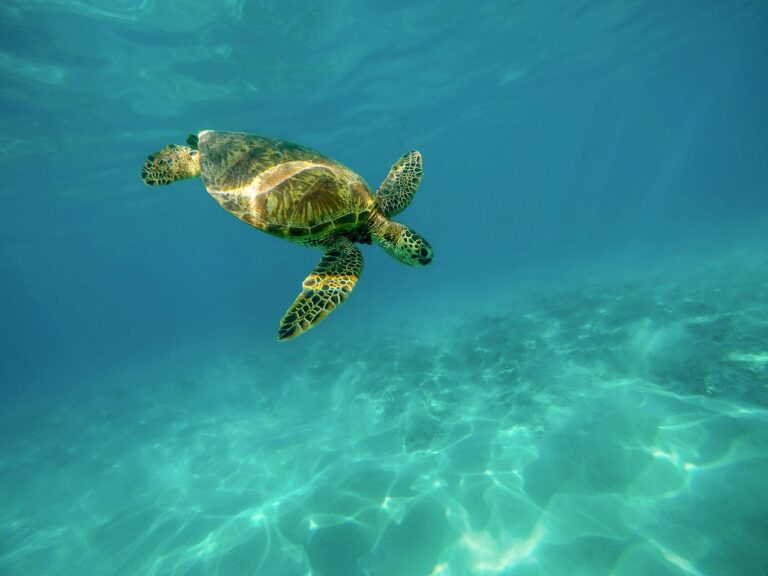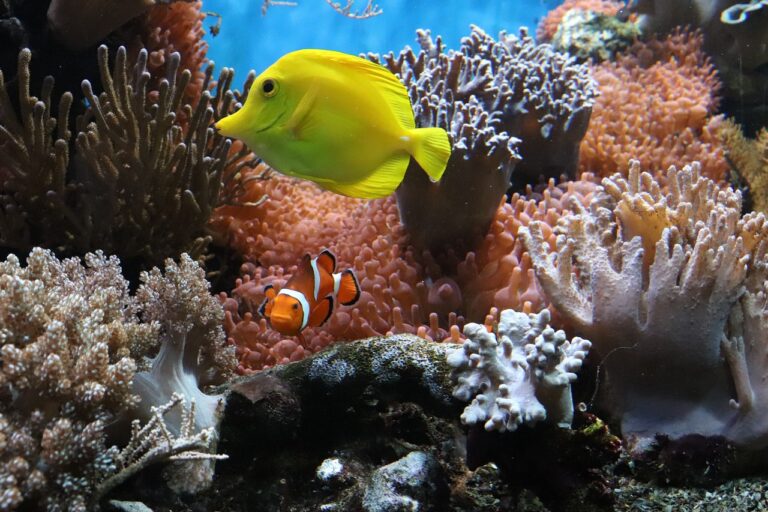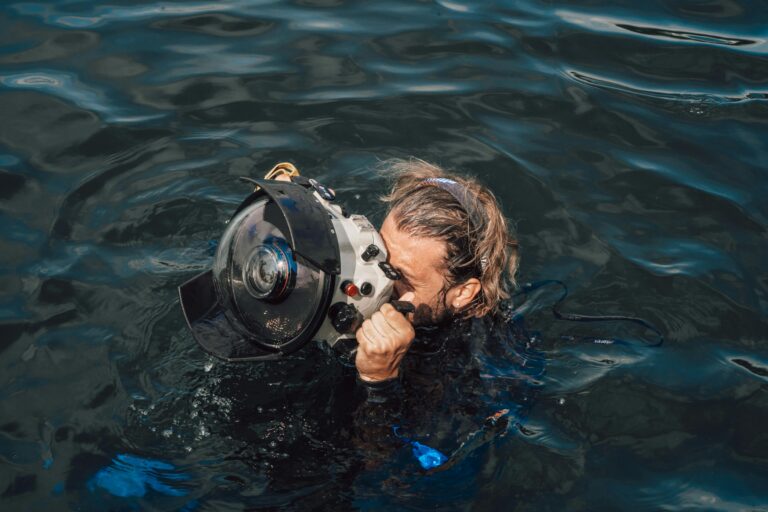Dive into a World of opportunity: explore 10 rewarding careers in marine science
Marine Science Careers and Opportunities might be a topic that you could be worried about if you are interested in joining the field? Is a common question to ask, are there actual opportunities in the field?
Embarking on a career in marine science is not just a profession; it’s a journey into the depths of passion and discovery. As a current master’s student and aspiring marine scientist, I understand the magnetic allure of the ocean—the mysteries that beckon us, the life it harbors, and the urgent need to preserve its delicate balance.
In this blog post, let me be your guide through 10 captivating careers, drawing from my own experiences, insights, and the unique perspectives gained while navigating the vast expanse of marine science.
Each career not only unveils its mysteries but also paints a personal canvas of dedication, resilience, and unwavering commitment to the wonders beneath the waves.
Keep in mind that these opportunities are not the only route in the field, there is so much to do and discover in this wonderful field! Also there is no specific ranking that I have used to put this list together! Without further delay let’s dive into this amazing list!
Marine BIOLOGIST
Embark on a journey to unravel the mysteries of marine life as a Marine Biologist. Your role involves studying the behavior, physiology, and ecosystems of marine organisms.
Armed with a bachelor’s degree in marine biology or a related field, you’ll conduct fieldwork, research, and experiments to contribute to our understanding of marine ecosystems. Specializing in areas such as marine ecology, genetics, or conservation opens diverse career paths.
The average salary of around $63,420 per year rewards your dedication to the preservation of marine life.

Oceanographer
As an Oceanographer, you’ll explore the physical, chemical, and geological aspects of the ocean.
Bachelor’s degree in oceanography, marine science, or a related field is required, your work contributes to understanding climate patterns, marine life distribution, and ocean circulation. Advanced degrees may be necessary for research-focused roles.
With an average salary of approximately $94,110 per year, Oceanography offers a career rich in scientific exploration and discovery.
Marine Conservationist
As a Marine Conservationist you will be required to have a degree in marine biology, environmental science, or a related field, your mission is to protect marine ecosystems and species.
Networking with conservation organizations and gaining hands-on experience through internships is essential. Your role involves researching and implementing strategies to minimize human impact on marine environments. A good opportunity to gain experience is the Freshwater/Marine Community Conservation Externship by Paragon one, with a partnership with National Geographic and The Nature Conservancy, I did this externship a year ago and it was an incredible experience that open a new realm of opportunities for me to jumpstart my career. They Have two different programs the freshwater and the marine community one, and it happens fully remote at different times of the year.
While salaries vary, the average income of around $58,000 per year reflects the importance of safeguarding our oceans for future generations

fisheries biologist
Chart a course as a Fisheries Biologist, ensuring the sustainable management of aquatic resources. A bachelor’s degree in fisheries biology or a related field is your starting point.
Your responsibilities include assessing fish populations, implementing conservation measures, and collaborating with industry stakeholders. Specializing in areas such as aquaculture or fisheries management opens doors for career advancement.
Fisheries Biologists earn an average salary of about $63,270 per year, making a significant impact on the delicate harmony of marine ecosystems.
Marine engineer
Navigate the intersection of science and engineering as a Marine Engineer, contributing to the design and development of maritime technology. A bachelor’s degree in marine engineering, naval architecture, or a related field sets you on the path.
Your work involves designing ships, offshore structures, and underwater technology. Gain practical experience through internships, and consider professional certifications for career advancement.
The average salary, approximately $92,400 per year, reflects the technical expertise and innovation required in this dynamic field.
Marine Archaeologist
Marine Science Careers and Opportunities have so much more to discover than what we know or the common career paths that are talked about. I bet you did not know about this one!
Embark on a journey through time as a Marine Archaeologist, uncovering sunken treasures and ancient civilizations beneath the waves.
A degree in marine archaeology, anthropology, or underwater archaeology is your gateway to this unique profession. Engage in underwater surveys, collaborate with research institutions, and bring history to the surface.
The average salary, around $63,670 per year, reflects the value of preserving our maritime heritage and contributing to our understanding of human history.
Marine Envirionmental scientist
Become a steward of ocean health as a Marine Environmental Scientist. A degree in marine science, environmental science, or a related field is necessary, your role involves studying and mitigating environmental impacts on marine ecosystems.
Gain experience through internships and research projects, contributing to the preservation of our oceans.
With an average salary of around $71,360 per year, Marine Environmental Scientists play a vital role in ensuring a sustainable future by addressing issues such as pollution, climate change, and habitat degradation.
marine educator
Ignite a passion for the ocean in others as a Marine Educator. A degree in marine biology, education, or a related field equips you to share the wonders of marine science with students and the community.
Develop effective communication skills and gain teaching experience to inspire the next generation of ocean advocates.
While salaries vary, an average income of around $56,720 per year reflects the value of educating and fostering a love for the sea among future generations.
marine policy
Shape the future of ocean governance as a Marine Policy Analyst. A degree in marine affairs, environmental policy, or a related field empowers you to navigate the complex intersection of science, policy, and conservation.
Gain experience through internships or entry-level positions with government agencies or NGOs like “The MarineBio Conservation Society” , advocating for sustainable practices.
The average salary of approximately $73,230 per year reflects the importance of informed decision-making in marine policy, influencing regulations and practices for the benefit of marine ecosystems.
Marine photographer/videographer
Immerse yourself in the artistry of the ocean as a Marine Photographer or Videographer. Develop photography or videography skills through formal education or self-training, capturing the beauty and drama of marine life.
Build a portfolio, network with professionals, and explore opportunities in media outlets.
While salaries vary widely, an average income of around $45,000 per year showcases the value of visually communicating the wonders beneath the waves, sharing the beauty of the ocean with the world.

As you navigate the diverse career opportunities within marine science, remember that the ocean’s vastness is mirrored in the breadth of possibilities awaiting you. Whether you choose to delve into the mysteries of marine life, contribute to conservation efforts, or shape policies for sustainable practices, each path offers a fulfilling journey.
With the right education, skills, and passion, you can set sail on a career that not only supports your livelihood but also contributes to the greater understanding and protection of our precious oceans. So, chart your course, explore the depths, and let your career in marine science become a lifelong odyssey.
If you like this type of content or wish to see other career opportunities in marine science let me know in the comment box below. Don’t forget to subscribe to our newsletter to stay up to date and don’t miss out on another post!
Make sure to check out Marine Mondays for news and everything else related to this incredible field!
